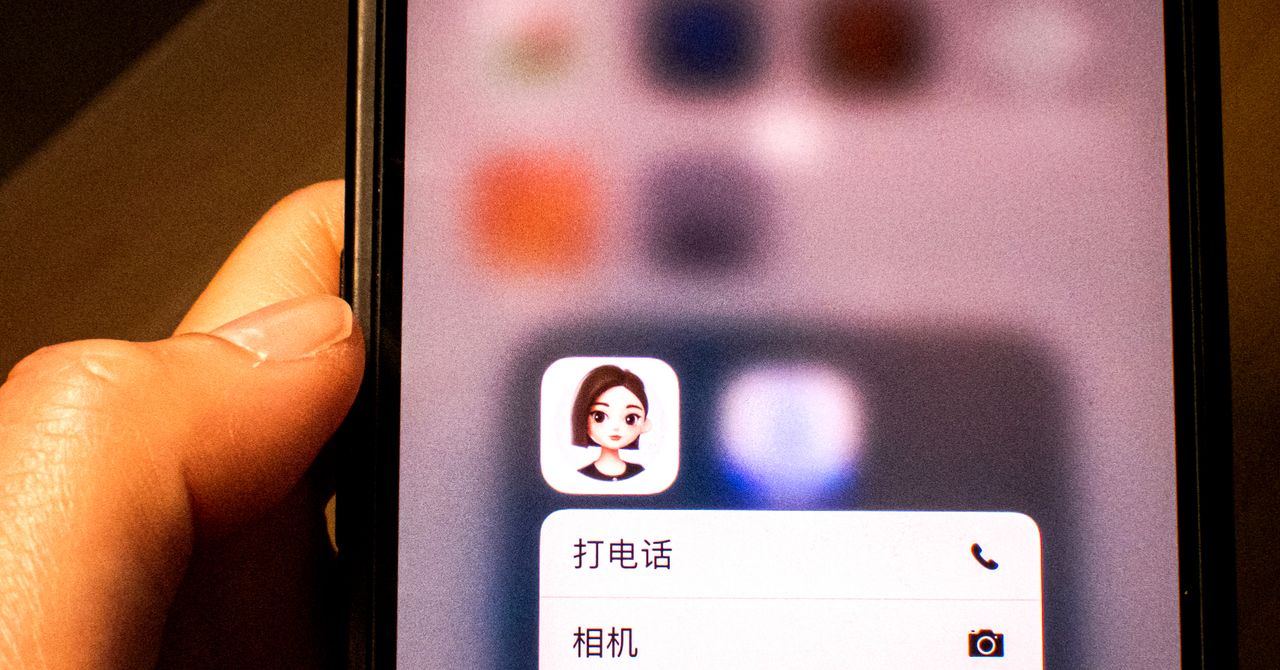ByteDance Pushes International AI Chatbot Cici with Aggressive Marketing

Key Points
- ByteDance is heavily advertising Cici in the UK, Mexico, Indonesia, the Philippines and other markets.
- Cici is a region‑locked counterpart to China’s Doubao and is not available in China or the United States.
- The app uses OpenAI’s GPT and Google’s Gemini for text generation, while leveraging ByteDance‑owned tools like PicPic and Coze.
- Cici offers text/audio chat, image generation, and user‑created autonomous agents but lacks music and video creation features.
- Marketing efforts have pushed Cici into the top‑20 free apps on Google Play in several countries and into the top‑10 on Apple’s App Store in the UK.
- ByteDance’s strategy reflects a willingness to spend heavily on user acquisition despite limited global brand visibility.
- Analysts note that ByteDance must navigate geopolitical concerns and competition from established AI firms to sustain growth.
ByteDance is promoting its overseas AI chatbot Cici in markets such as the United Kingdom, Mexico, and Indonesia through extensive advertising and influencer partnerships. The app, a counterpart to the popular Chinese chatbot Doubao, is region‑locked and unavailable in China or the United States. Cici relies on OpenAI’s GPT and Google’s Gemini for text generation while borrowing technology from other ByteDance platforms. It offers text and audio chat, image generation, and user‑created autonomous agents, but lacks music and video capabilities. Despite limited global brand visibility, Cici has climbed into the top‑20 free apps in several countries, reflecting ByteDance’s willingness to invest heavily in user acquisition.
Background and Positioning
ByteDance, the parent company of TikTok, has built the most popular AI chatbot in China, Doubao, which was launched in 2023 and quickly amassed more than 157 million monthly active users. In parallel, ByteDance released an overseas counterpart called Cici, featuring a similar cartoon avatar with longer hair. Cici is region‑locked and not available in China or the United States, making it less visible than its domestic sibling.
Marketing Strategy
ByteDance is financing advertising campaigns and partnering with influencers to promote Cici in the United Kingdom, Mexico, Indonesia, the Philippines, and other Southeast Asian markets. Meta’s Ad Library shows that Cici ran over 400 different ads in Mexico during October, highlighting its ability to solve math problems and its free‑to‑use model. Similar ad efforts are active in the United Kingdom and the Philippines. On TikTok, creators in these regions have posted dozens of sponsored videos using the hashtag #ciciai, further driving awareness.
App Performance and Rankings
These marketing pushes have translated into noticeable download spikes. Sensor Tower data indicates that Cici has ranked within the top 20 most downloaded free apps on the Google Play Store in Indonesia, Malaysia, the Philippines, Mexico, and the United Kingdom over the past three months. In Mexico, Cici has been the most downloaded free app on Google Play every day for the past week, and in the United Kingdom it reached the ninth‑most‑popular free app slot in Apple’s App Store on a recent Thursday.
Technology Stack and Features
Cici’s privacy policy reveals that it incorporates technology from other ByteDance‑owned platforms such as the photo editor PicPic and the coding assistant Coze. For text generation, Cici relies on OpenAI’s GPT and Google’s Gemini rather than ByteDance’s proprietary large language models. The app’s interface mirrors Doubao’s design, allowing users to chat via text or audio, generate and analyze images, and experiment with autonomous agents created by other users. However, Cici does not yet support music or video generation, and users cannot share their creations directly on the platform.
Strategic Outlook and Challenges
Since TikTok’s global success, ByteDance has struggled to replicate that impact with another product. While Cici’s influence remains far below Doubao’s domestic dominance, its rapid ascent in several markets demonstrates ByteDance’s willingness to spend heavily on user acquisition. Without the protective Chinese internet regulations that limit competition from Western AI players, ByteDance will need to compete directly with companies such as OpenAI, Anthropic, and Google.
Dermot McGrath, a Shanghai‑based investor and technologist, observes, "Chinese AI companies are probably better positioned than Western ones to build consumer products people actually want to use. Neither Google nor OpenAI have mastered the kind of dopamine‑driven engagement that ByteDance built TikTok on." Nonetheless, Cici faces unique hurdles in the fragmented global AI app market, where cultural preferences and economic habits shape user choices. Perceptions of ByteDance as an extension of the Chinese government raise concerns about data security and political propaganda. McGrath adds, "Unless they can navigate the geopolitical landscape or partner with Western companies," ByteDance’s advantages may remain "largely confined to China and maybe other Asian markets."